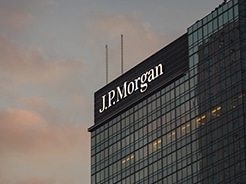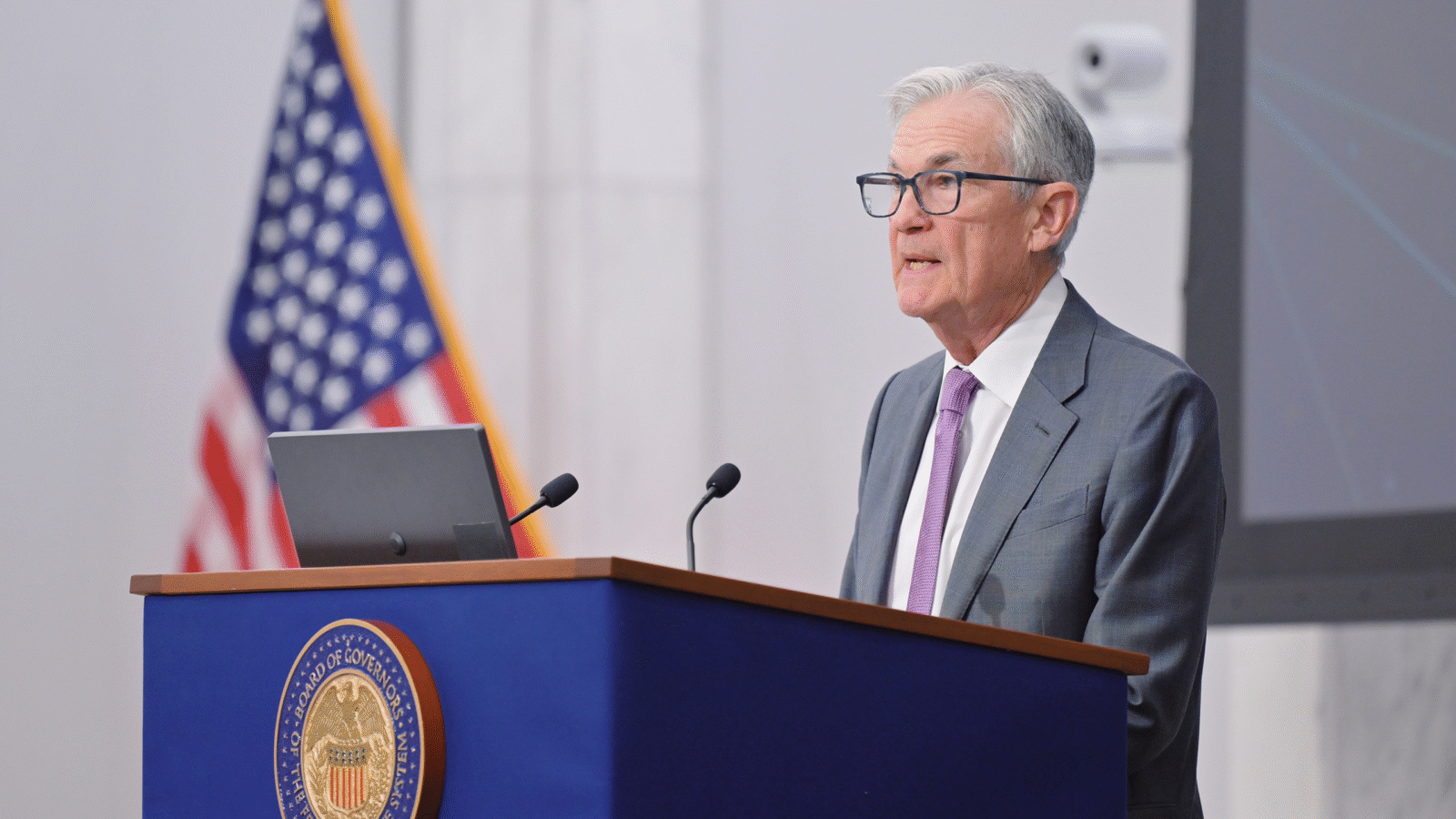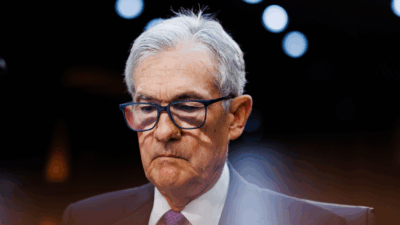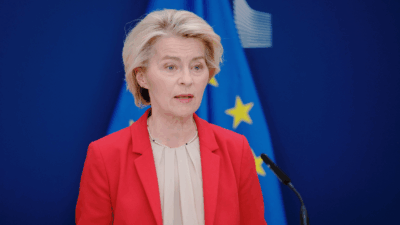
Sign up for smart news, insights, and analysis on the biggest financial stories of the day.
There are three letters Wall Street traders care about getting: the one from Warren Buffett, the one from Jamie Dimon, and the one back home from mom, of course.
On Monday, there was no care package with sweet treats from home. It was JP Morgan CEO Dimon’s turn to opine on markets. His annual letter to shareholders dropped on what is a sort of economic groundhog day where CEO punditry stands in for Punxsutawney Phil. The verdict? “I do not envy the Fed,” Dimon wrote.
Too Much Medicine
In his letter last April, Dimon saw the chance for an economic “Goldilocks moment,” where fast growth matches inflation and interest rates slowly follow. Your bank account knows what happened next: The fast growth materialized but unfortunately got lapped by inflation, prompting the Fed to rethink rate hikes. “In hindsight, the medicine was probably too much and lasted too long,” Dimon wrote of pandemic stimulus measures that kept borrowing costs at historic lows.
JP Morgan thinks an inflating globe, set against political and supply chain realignment — thanks to Russia’s invasion of Ukraine — will see GDP in Europe grow 2% in 2022 instead of the 4.5% it forecast before the war. The US growth forecast was cut to 2.5% from 3%. More interesting were some subtler details:
- Dimon said the Federal Reserve shouldn’t bother wedding itself to 0.25% interest rate increases or a set number of rate hikes. The Fed, he said, should hike rates along with “data and events in real time…Our bank is prepared for drastically higher rates and more volatile markets.”
- “The moats that protect this company are not particularly deep,” Dimon warned, adding that Apple and Walmart’s growing suite of financial services pose a threat to banks, which should also expect “many mergers.”
The Opposition: At least Dimon is bullish on the US economy, noting consumers are in good shape with “plentiful jobs with wage increases and more than $2 trillion in excess savings.” Not so with Morgan Stanley, whose chief US equity strategist Michael Wilson warned clients on Monday of an unforgiving economic backdrop featuring “demand destruction from high prices,” adding the bank is “doubling down on a defensive bias.” Wilson was also pessimistic about the stock market last year, something he later admitted was “wrong.”











